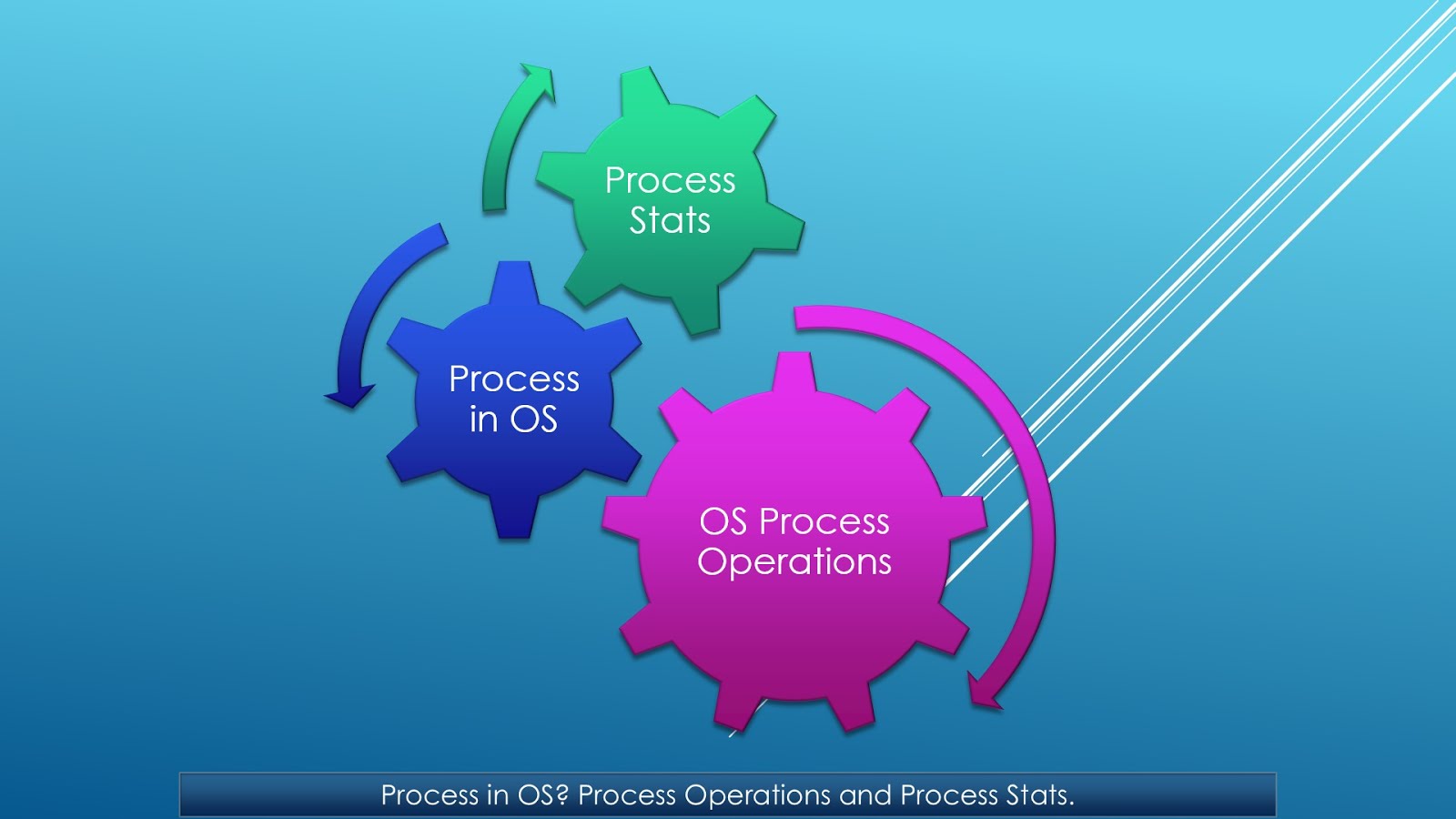In the fast-paced world we live in today, the concepts of systems and processes have become increasingly vital for ensuring efficiency and productivity. Organizations, whether large corporations or small businesses, rely on well-defined systems and streamlined processes to achieve their goals. By understanding these concepts, companies can reduce waste, improve communication, and create a more organized workflow. The significance of systems and processes extends beyond the workplace, influencing how we manage personal tasks and responsibilities as well.
At their core, systems are structured frameworks that encompass the various components of an organization or a process. These components interact with each other to produce a collective outcome. Processes, on the other hand, are the series of actions or steps taken to achieve a specific result within a system. For instance, the hiring process within a company is a set of steps designed to select the best candidate for a job, all within the broader system of human resources.
By examining the relationship between systems and processes, we can uncover how they contribute to successful outcomes. Organizations that fail to implement effective systems and processes often face challenges such as miscommunication, inefficiency, and loss of resources. Therefore, understanding and optimizing these elements is crucial for any entity looking to thrive in a competitive environment.
What Are Systems and Processes?
To grasp the importance of systems and processes, it is essential to define what they are. Systems can be thought of as a collection of interrelated parts working together to achieve a common goal. These parts can include people, technology, and policies, all of which operate within a defined structure. Processes, however, refer to the specific tasks or activities carried out within those systems. Together, they create a seamless flow of operations that drive success.
How Do Systems Improve Efficiency?
Implementing effective systems can significantly enhance organizational efficiency. Here are a few ways systems contribute to improved performance:
- Streamlined Communication: Systems facilitate better communication channels, ensuring that information flows smoothly between team members.
- Reduced Errors: A well-defined system minimizes the chances of errors by providing clear guidelines and procedures.
- Time Management: Systems help prioritize tasks and allocate resources effectively, leading to better time management.
- Enhanced Collaboration: Systems create a framework for teamwork, allowing individuals to collaborate more effectively.
What Are the Key Components of Effective Systems?
Effective systems consist of several key components that work together to achieve desired outcomes. These components include:
- People: The individuals responsible for executing tasks within the system.
- Processes: The specific steps and actions taken to achieve results.
- Technology: Tools and software that support and enhance system efficiency.
- Policies: Guidelines that govern how tasks should be carried out.
How Do Processes Impact Overall Performance?
Processes play a vital role in determining how effectively a system functions. They directly impact the quality of work produced and the speed at which tasks are completed. For instance, a company with a well-defined sales process is more likely to convert leads into customers compared to one without such a process. This highlights the importance of regularly reviewing and optimizing processes to align with organizational goals.
What Are Common Challenges in Implementing Systems and Processes?
Despite their significance, organizations often encounter challenges when implementing systems and processes. Some of these challenges include:
- Resistance to Change: Employees may resist new systems or processes, fearing disruption to their routines.
- Inadequate Training: Without proper training, employees may struggle to adapt to new systems.
- Overcomplication: Sometimes, systems can become overly complex, leading to confusion and inefficiency.
- Lack of Clear Goals: If the purpose of a system is unclear, it can hinder its effectiveness.
How Can Organizations Overcome These Challenges?
To successfully implement effective systems and processes, organizations can take several proactive measures:
- Involve Employees: Encourage employee input when designing systems to foster a sense of ownership.
- Provide Comprehensive Training: Ensure that employees receive adequate training on new systems and processes.
- Simplify Processes: Strive for simplicity to enhance understanding and execution.
- Set Clear Objectives: Clearly define the goals of systems to align efforts and expectations.
What Are the Benefits of Streamlined Systems and Processes?
Implementing streamlined systems and processes can yield numerous benefits for organizations, including:
- Increased Productivity: Employees can work more efficiently, leading to higher output.
- Cost Savings: Reducing waste and inefficiencies can lead to significant cost savings.
- Improved Customer Satisfaction: Efficient processes lead to better service delivery and customer experiences.
- Enhanced Flexibility: Well-defined systems allow organizations to adapt quickly to changing circumstances.
How Can Technology Enhance Systems and Processes?
In today's digital age, technology plays a crucial role in improving systems and processes. Here are some ways technology can enhance efficiency:
- Automation: Automating repetitive tasks can free up time for employees to focus on more critical activities.
- Data Analytics: Analyzing data can provide insights into areas for improvement within systems and processes.
- Communication Tools: Utilizing collaboration software can enhance communication among team members.
- Project Management Software: Tools designed for project management can streamline task allocation and progress tracking.
Conclusion: The Importance of Systems and Processes
In conclusion, systems and processes are fundamental elements that contribute to the success of any organization. By understanding their significance and implementing effective strategies, companies can achieve greater efficiency and productivity. As the business landscape continues to evolve, organizations must remain adaptable and committed to optimizing their systems and processes to thrive in a competitive environment.
You Might Also Like
Understanding The Essential Role Of 4 Wheeler Battery In Your VehicleUnlocking The World Of Pokémon Movies: Watch Free Today!
Saha Institute Kolkata: A Beacon Of Knowledge And Research
Understanding The Importance Of The Gas Filler Neck Hose
Exploring The Fallout 4 Vault Tec Super Reactor: A Comprehensive Guide
Article Recommendations


